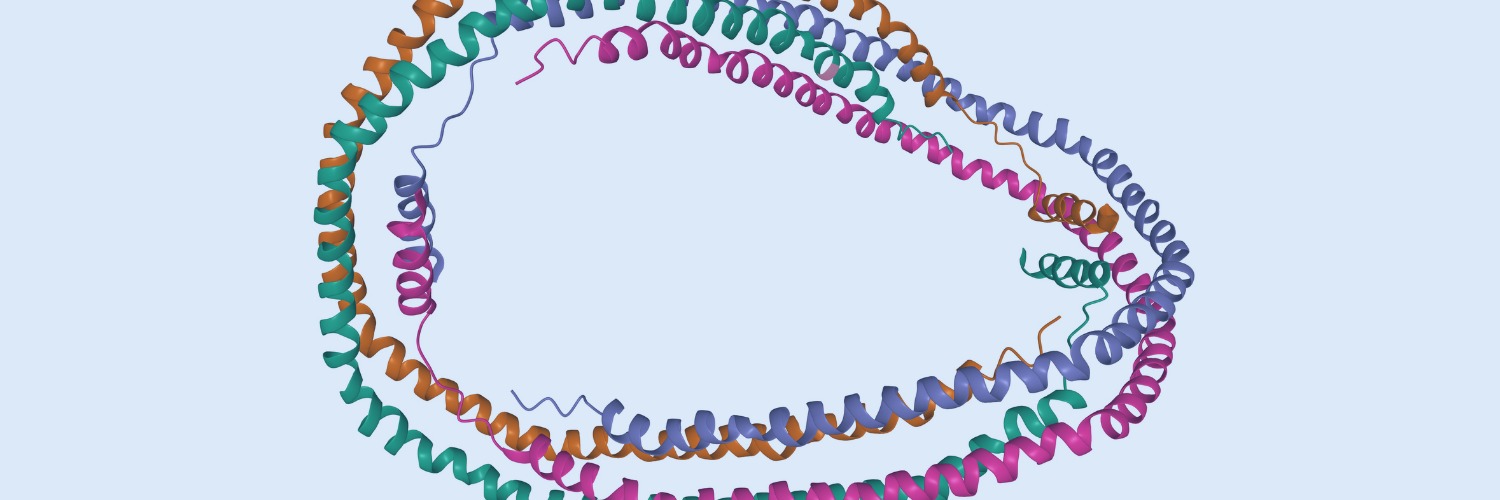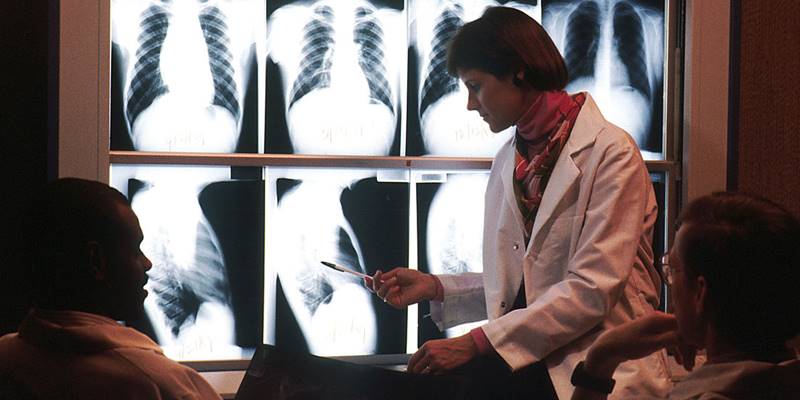To demonstrate the feasibility of de-intensification regimen in the light of the response to induction chemotherapy (IC) in human papillomavirus (HPV)associated oropharyngeal squamous cell carcinoma (OPSCC).
Patients with p16+ OPSCC, T1-2/N1-3M0 (excluding T1N1M0 with single and ≤3cm lymph node) or T3-4N0-3M0 were enrolled between January 2019 and July 2021. All patients received two cycles IC with docetaxel 75mg/m d1 and cisplatin 75mg/m d1 every 3 weeks. Those with major responses (≥50% decrease in both primary and lymph nodes) to IC entered the de-intensification cohort (Cohort D), in which intensity modulated radiation therapy (IMRT) alone was given to a reduced dose of 60Gy/30fractions. For those failed to meet major responses, as concurrent chemoradiotherapy cohort (Cohort C), dose was simultaneously integrated boosted to a standard 70Gy/35fractions to non-major response sites, concurrently with cisplatin 80mg/m d1,22. Patient-reported swallow function was documented using MD Anderson Dysphagia Inventory (MDADI). The primary endpoint was 2-year progression-free survival (PFS) using Simon’s twostage design.
A total of 26/48 (54.2%) participants met the criteria of treatment deintensification while 22/48 (45.8%) patients entered Cohort C. With a median follow-up time of 29.7 months (6.9-48.0 months), two-year PFS and OS rates were 85.4% and 93.6%, respectively for all enrolled patients. In cohort D, two-year PFS and OS rates were both 100%. Grade 3/4 IC-related toxicities included leukopenia/neutropenia occurring in 41.7% and hyponatremia in 4.2% of patients. A higher incidence of grade 3/4 mucositis (61.9% vs 23.1% P=0.022) was observed in cohort C. Consistent decline in longitudinal MDADI scores were observed at month 3 after radiotherapy between cohorts and both were found to recover to baseline at month 12.
Selective radiotherapy dose reduction and concurrent chemotherapy removal based on IC response in HPV+ OPSCC was feasible and promising. Further study of this strategy to balance the efficacy and toxicity is warranted in a prospective controlled trial.
Copyright © 2023. Published by Elsevier Inc.















